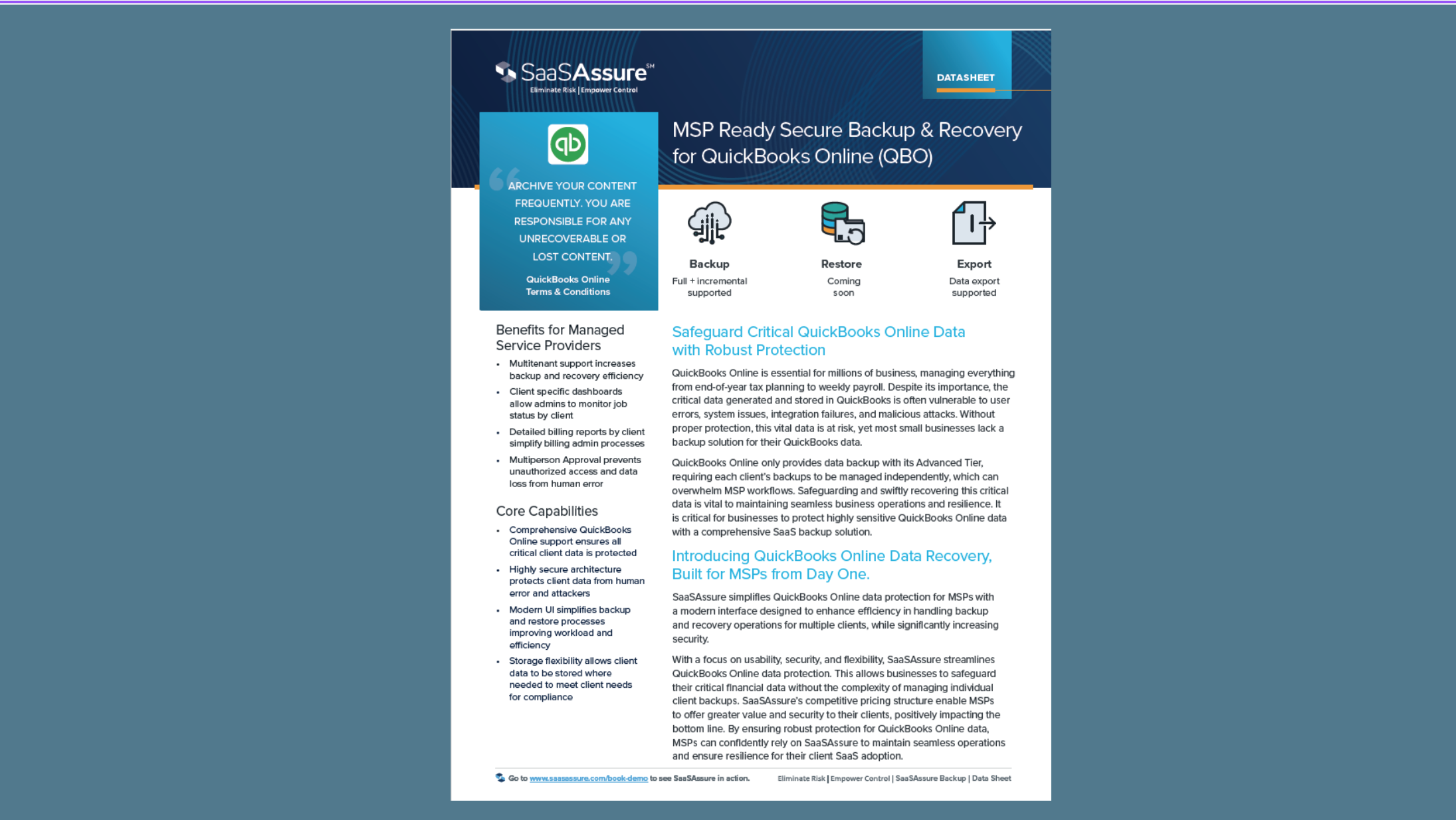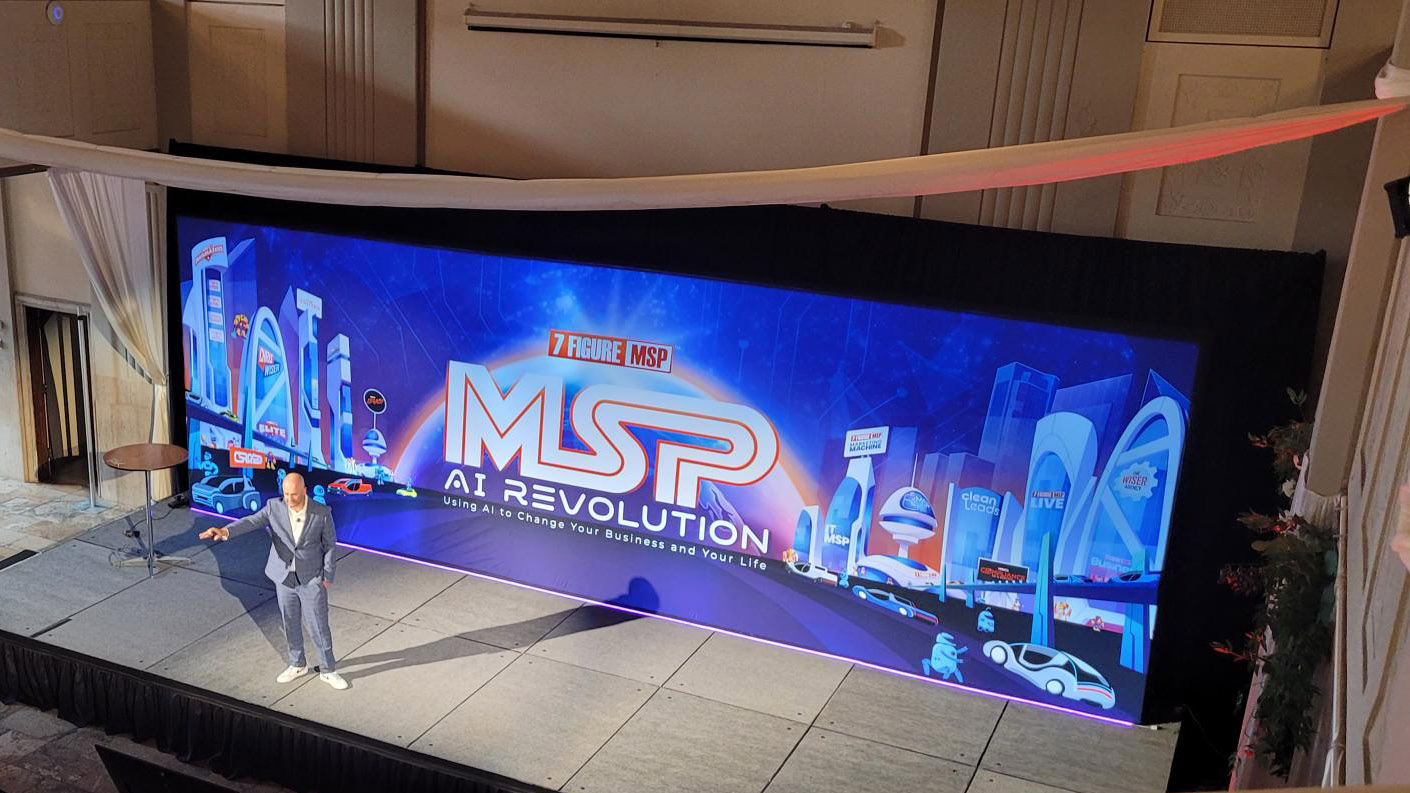Today we announced the launch of Wandera Private Access (WPA), a cloud-delivered service that provides secure remote access to applications hosted in the datacenter or in the cloud, using Zero Trust Network Access (ZTNA) principles.
According to Gartner’s Market Guide for Zero Trust Network Access, by 2023, 60% of enterprises will phase out most of their remote access virtual private networks (VPN) in favor of ZTNA.
Wandera Private Access empowers secure remote work and offers a seamless and consistent user experience from any connected device (running iOS, Android, Windows 10, and Mac) to any application wherever it is hosted. It eliminates the broad discoverability and reachability of data and apps that users shouldn’t have access to, and dramatically increases visibility for admins as well as their ability to take action.
Further, WPA provides teams the flexibility to work any time, anywhere by connecting them to the applications they need. Streamlined authentication processes improve security and enable fast seamless remote working.
WPA is a cloud-based service that requires no on-premise equipment and the service edge dynamically scales to handle unlimited client connections.
“The Wandera solution is great, especially regarding remote access to private apps on unmanaged devices” – IT Security, Santander Bank.
WPA performance
- Speed – WPA is 4x faster than other VPNs (Ping time measured as 0.403 ms).
- Throughput – WPA throughput is 3.5x the megabits per second of other VPNs (throughput of 1,011 mbps).
- Protected apps – WPA customers are securing access to an average of 47 enterprise apps.
- Data volume – The average WPA user secures 6,750 Mb of data on enterprise apps through WPA per month. The other 16,250 Mb of ‘non business’ data goes out directly to the internet.
- Platform use – Mac users of WPA are securing 1.3x more data than Windows 10 users, and iOS mobile users are securing 1.8x more data than Android mobile users.
“Wandera Private Access is forging a path for security-conscious enterprises to quickly, easily, and securely embrace ZTNA. Providing our customers with lightning fast secure connectivity, exponentially improves their user experience. The introduction of WPA adds SASE (Secure Access Service Edge) capabilities to our modern, efficient, and scalable security cloud, making Wandera a strategic security provider for global enterprises,” said Eldar Tuvey, CEO Wandera.
With the vast majority of the global workforce now working from home due to the pandemic, businesses have been forced to accelerate digital transformation by embracing remote work and pushing their technology and services to the cloud. Security teams have had to react by shifting their focus from not just securing their office network but also preventing threats against their highly distributed employees working on remote devices and remote networks.
According to Gartner’s CFO survey, 74 percent of organizations will move at least 5 percent of their previously on-site workforce to permanently remote positions following the pandemic. The surge in remote working is putting increased pressure on legacy VPN infrastructure and enterprises are taking this opportunity to try a modern, scalable cloud-based approach that does more than just secure remote access.
The always-on nature of remote access VPN technology is not designed to easily enable connections from users to high volume public SaaS apps like Office 365, and with employees, contractors, partners, and suppliers all needing access to shared business information, a more intelligent, policy-based tunneling solution is needed.
“When it comes to today’s remote workforce, traditional VPNs fall short, requiring a shift in how we approach security,” said Eldar Tuvey, CEO, Wandera.
Available immediately for iOS, Android, Windows 10, and Mac, WPA offers various capabilities/features, including:
- Cloud SDP: WPA is architected using a cloud-based software-defined perimeter (SDP) that creates a secure, isolated environment around each private application. Through least-privilege enforcement and real-time device posture checks, access is granted to each application only for specific authorized users.
- Identity-based approach: WPA uses specialized routes linked to apps/users. The only way for a tunnel to be established is for the user to have the appropriate permissions to the specified application as well as verified identity and device ID. WPA is set up using hostnames and not IP addresses; this allows routes to be served dynamically and in a mobile-friendly fashion without needing certificates.
- App microtunnels: WPA uses app-level microtunnels that route through Wandera infrastructure, enabling fine-grained control both at connection establishment and throughout active sessions.
- Adaptive access: WPA provides real-time risk assessments that can influence routes and be used as signals via third-party integrations. If a device risk state should change, the Wandera security cloud can terminate a session or alter routes, according to policy, in real-time.
- Dynamic split-tunnel: WPA implements an intelligent tunneling protocol that routes only the traffic from an application on the authorized user’s device to the associated application on the other side of the Cloud SDP, ensuring that the app microtunnel policy is properly enforced while delivering optimal experience to the end user.
- Support for all private applications: WPA protects access to any type of corporate resource, whether on-prem, private cloud, public cloud or SaaS.
For more information, visit: https://www.wandera.com/private-access/














